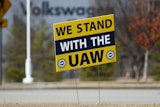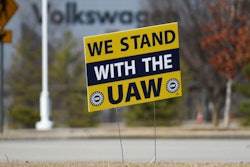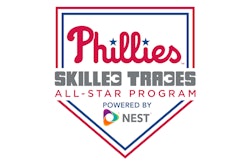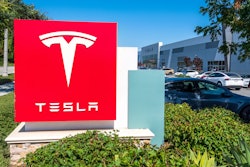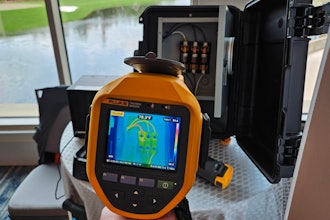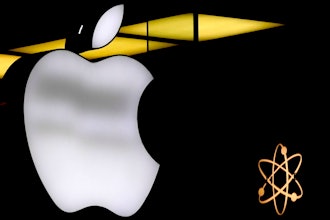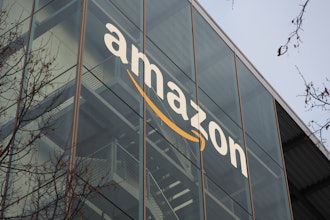
 Christine LaPalme
Christine LaPalmeRecent U.S. Labor Department data shows that 2016 stands as having the highest number of open manufacturing jobs in the past fifteen years. While this provides a real opportunity for qualified millennials who are looking for work, it also presents a challenge for manufacturing companies who are recruiting to both attract talent and fill these open positions, as well as to replenish a workforce from which baby boomers are retiring at a rapid pace.
U.S. manufacturers have an important role in closing the skills gap by offering tools and training, for both production and office jobs, that enable current and potential employees to develop the skills necessary to fuel the growth of their organizations and in turn, the U.S. manufacturing industry and economy at large.
So, how are manufacturing companies approaching the dilemma of attracting millennial talent in order to bridge the emerging skills gap? First and foremost, companies must have a strong internal training program in place to both recruit and retain employees.
One of the training programs we designed helps prepare millennials for highly technical positions within product and application development as well as our customer facing positions. The primary purpose of this program is to partner with local colleges in order to spark interest in manufacturing from qualified students with science degrees. Through these partnerships, we’re able to provide students with an appealing and more accurate perspective of the manufacturing industry — one that is thriving with technological innovation instead of falling behind other industries, as is sometimes publically believed.
The employees in this program have the opportunity to cultivate their skillsets through a concentrated year-long training at our facilities. The program allows participants to gain experience and exposure in multiple different job functions — from on-the-floor production to work within specific business units to sales and marketing. This holistic approach gives these employees a deep understanding of the company’s higher-level business goals, which we have seen sets them up for success in the future and helps to sustain their long-term growth at the company.
Recently, we have taken steps to make this training digital. With digital training, participants are able to tap into the sessions without spending several weeks in a classroom. This makes the program more transparent, accessible on the go and enforces the importance of leadership development — all of which are meaningful to the millennial generation.
Manufacturing companies should also consider leveraging college career fairs as a way to attract qualified millennial talent. We have been successful sending current millennial employees who have gone through the internal training to attend the fair on behalf of the company — this way, the current employees are able to give prospective employees personal insight into their experience and growth at the company.
One way to achieve this is for employees to stay in close contact with their alma maters. Through this connection, recent graduates will likely be invited to participate in career fairs, introduce their connections to the company, present their experience to the larger class and even conduct mock interviews with the current students to ensure they are properly prepared to answer key questions.
Once employees have completed training and are fully integrated into the company, it is important that executive management retains this talent. An essential piece of this is taking the time to understand millennial needs and, subsequently, changing internal practices in order to accommodate these needs. For example, we have implemented “common interest time”, which is structured time for groups of new employees who have similar interests (both inside and outside of work) to congregate and get to know each other on a more personal level. This allows millennials at the company to meet and form real relationships that not only makes work more enjoyable for them, but also is advantageous for retaining talent in the long run.
Additionally, companies need to show millennials that they are dedicated to keeping them happy and healthy at their organization. Companies should consider providing HR benefits that specifically accommodate the needs of different generations. For example, we are introducing a new benefit that focuses on helping new employees manage student loan dept and repayment, as this has become such an overwhelming burden for the average college graduate today. For millennials, it is important to join companies that they believe support them. Assistance such as this personalized loan debt counseling helps to do just that; as a result, millennials are more likely to be happy and stay long-term at the organization.
Throughout the hiring process for the millennial generation in particular, we have consistently observed the intrigue and excitement they feel about entering the manufacturing industry. In general, millennials have never been exposed to what manufacturers do, so from an educational perspective, they feel grateful to learn the process of producing a product from beginning to end.
In addition, millennials feel that what they have learned in manufacturing can and will have an important impact on the every day lives of normal people and eventually, the economy. There is a real sense of satisfaction in the understanding that you have the ability to contribute to a larger goal. It is our job to properly convey this to the millennial generation and then support them in their development within the manufacturing industry.
Christine LaPalme is VP of Human Resources at FLEXcon.
